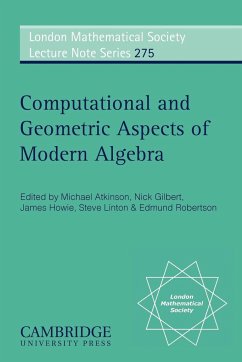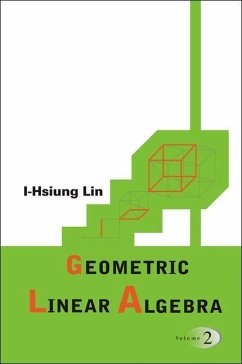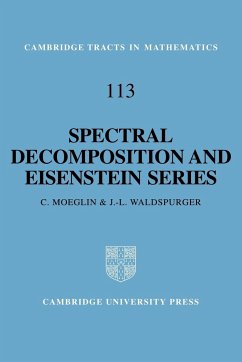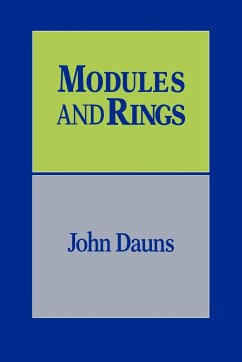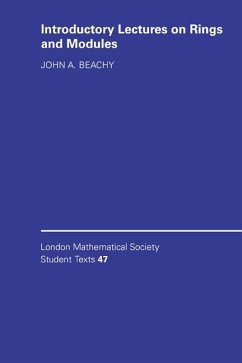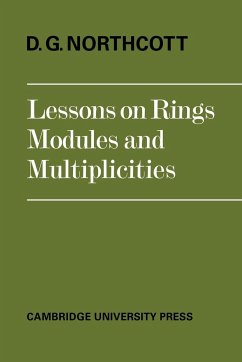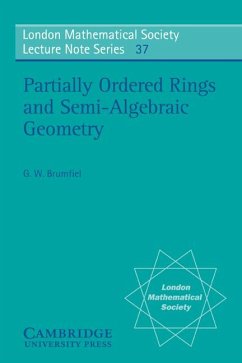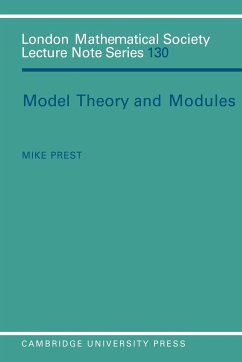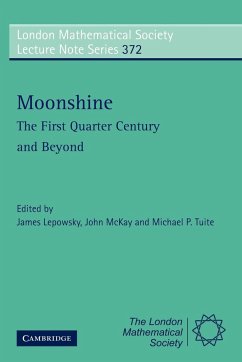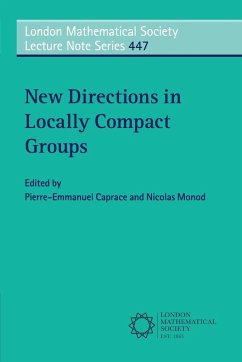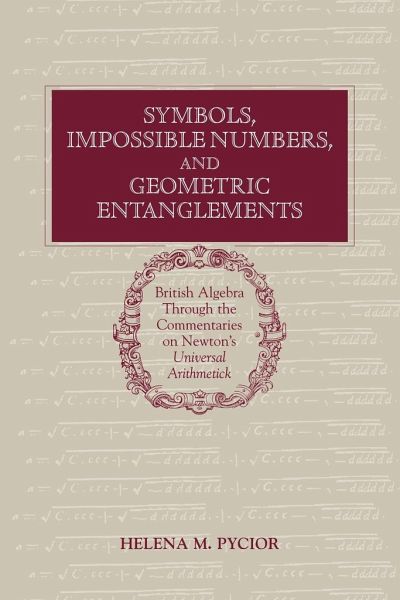
Symbols, Impossible Numbers, and Geometric Entanglements
British Algebra Through the Commentaries on Newton's Universal Arithmetick

PAYBACK Punkte
26 °P sammeln!
This is the first history of the development and reception of algebra in early modern England and Scotland.Symbols, Impossible Numbers, and Geometric Entanglements is the first history of the development and reception of algebra in early modern England and Scotland. Not primarily a technical history, this book analyses the struggles of a dozen British thinkers to come to terms with early modern algebra, its symbolic style, and negative and imaginary numbers. Professor Pycior uncovers these thinkers as a 'test-group' for the symbolic reasoning that would radically change not only mathematics bu...
This is the first history of the development and reception of algebra in early modern England and Scotland.
Symbols, Impossible Numbers, and Geometric Entanglements is the first history of the development and reception of algebra in early modern England and Scotland. Not primarily a technical history, this book analyses the struggles of a dozen British thinkers to come to terms with early modern algebra, its symbolic style, and negative and imaginary numbers. Professor Pycior uncovers these thinkers as a 'test-group' for the symbolic reasoning that would radically change not only mathematics but also logic, philosophy and language studies. The book furthermore shows how pedagogical and religious concerns shaped the British debate over the relative merits of algebra and geometry. The first book to position algebra firmly in the Scientific Revolution and pursue Newton the algebraist, it highlights Newton's role in completing the evolution of algebra from an esoteric subject into a major focus of British mathematics. Other thinkers covered include Oughtred, Harriot, Wallis, Hobbes, Barrow, Berkeley and MacLaurin.
Review quote:
'- a useful reference work - this work represents a piece of solid scholarship.' Dennis H. Rouvray, Endeavour
Table of contents:
Acknowledgements; Introduction; 1. Setting the scene; 2. William Oughtred and Thomas Harriot; 3. John Collins's campaign for a current English algebra textbook; 4. John Pell's English edition of Rahn's Algebra and John Kersey's Algebra; 5. The arithmetic formulation of algebra in John Wallis's Treatise of Algebra; 6. English mathematical thinkers take sides on early modern algebra; 7. The mixed mathematical legacy of Newton's Universal Arithmetick; 8. George Berkeley at the intersection of algebra and philosophy; 9. The Scottish response to Newtonian algebra; 10. Algebra 'considered as thelogical institutes of the mathematician'.
Symbols, Impossible Numbers, and Geometric Entanglements is the first history of the development and reception of algebra in early modern England and Scotland. Not primarily a technical history, this book analyses the struggles of a dozen British thinkers to come to terms with early modern algebra, its symbolic style, and negative and imaginary numbers. Professor Pycior uncovers these thinkers as a 'test-group' for the symbolic reasoning that would radically change not only mathematics but also logic, philosophy and language studies. The book furthermore shows how pedagogical and religious concerns shaped the British debate over the relative merits of algebra and geometry. The first book to position algebra firmly in the Scientific Revolution and pursue Newton the algebraist, it highlights Newton's role in completing the evolution of algebra from an esoteric subject into a major focus of British mathematics. Other thinkers covered include Oughtred, Harriot, Wallis, Hobbes, Barrow, Berkeley and MacLaurin.
Review quote:
'- a useful reference work - this work represents a piece of solid scholarship.' Dennis H. Rouvray, Endeavour
Table of contents:
Acknowledgements; Introduction; 1. Setting the scene; 2. William Oughtred and Thomas Harriot; 3. John Collins's campaign for a current English algebra textbook; 4. John Pell's English edition of Rahn's Algebra and John Kersey's Algebra; 5. The arithmetic formulation of algebra in John Wallis's Treatise of Algebra; 6. English mathematical thinkers take sides on early modern algebra; 7. The mixed mathematical legacy of Newton's Universal Arithmetick; 8. George Berkeley at the intersection of algebra and philosophy; 9. The Scottish response to Newtonian algebra; 10. Algebra 'considered as thelogical institutes of the mathematician'.





